| | About the Organization | Funding Details |
 | The Bow Foundation is focused on supporting research into GNAO1 genetic mutations. The foundation supports research that improves medical understanding and enhances treatment options for patients with GNAO1 related neurodevelopmental disorders. | The Bow Foundation will consider co-funding a research proposal. |
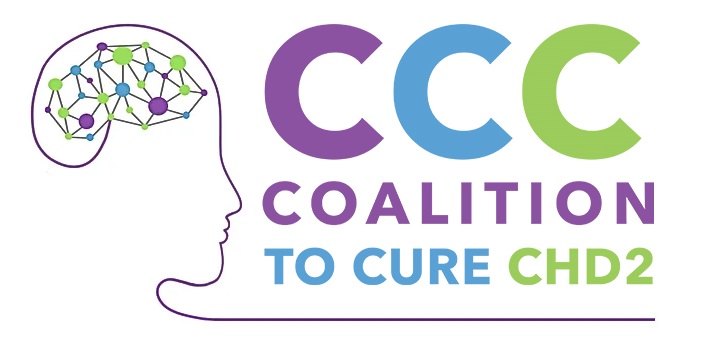 | The Coalition to Cure CHD2 works to improve the lives of those affected by CHD2-related disorders by funding research necessary to find a cure. The Coalition is interested in funding research related to CHD2-related rare epilepsies (Lennox-Gastaut Syndrome, Jeavons Syndrome, Doose Syndrome, and West Syndrome). | The Coalition to Cure CHD2 will consider funding 50% of a proposal. |
 | CureGRIN Foundation focuses on supporting critical components of basic, clinical, and translational research on disorders associated with genetic mutations in ionotropic glutamate receptors (iGluRs) including GRIN, GRIA, GRIK, and GRID genes (GRI-Related Disorders). Research priorities include EEG biomarker discovery, evaluation of developmental time windows during which expression of GRI genes could compensate for neurological deficits associated with null or missense variants (rescue window), investigation of the cellular consequences of GRI variants to identify/validate novel disease-modifying therapies, and high-throughput screening of FDA approved medications or other small-molecule libraries to identify novel therapeutics in GRI model systems. | CureGRIN Foundation will consider co-funding a research proposal. |
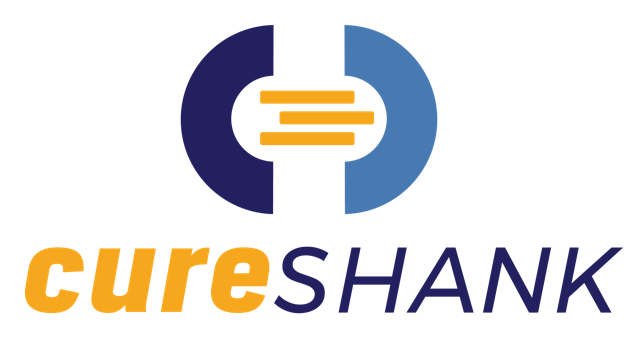 | CureSHANK has a singular purpose: to accelerate the development of cures and treatments for SHANK-related disorders. Our approaches are to identify and fund projects that overcome critical barriers to successful drug development and to coordinate scientific efforts to improve efficiency and speed in the field. | CureSHANK will consider co-funding a research proposal. |
.png?sfvrsn=5442e52_2) | The Cute Syndrome Foundation funds researchers working to better understand SCN8A epilepsy and supports the families who are affected by this disorder. | The Cute Syndrome Foundation will fund 25% of a seed grant focused on SCN8A Epilepsy. |
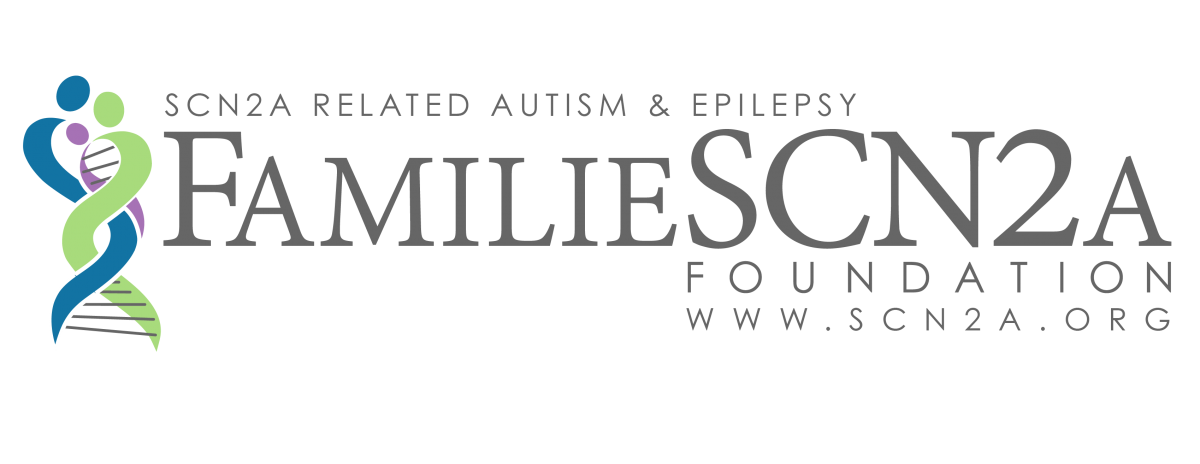 | FamilieSCN2A Foundation hopes to accelerate the development of therapeutic treatments and disease-modifying advancements for those living with changes in the SCN2A gene. | Up to one full seed or early-career grant will be funded in full by the FamilieSCN2A Foundation. |
 | Hope4Harper is committed to advancing research on the CDKL5 genetic disorder. | Hope4Harper will consider co-funding a research proposal. |
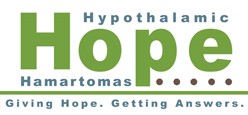 | Hope for Hypothalamic Hamartoma (HH) promotes research toward early detection, improved treatments, better living with HH, and cures. | Hope for Hypothalamic Hamartomas will consider co-funding a research proposal. |
-(2).png?sfvrsn=7e5e63c8_2) | The NORSE Institute aims to build a network of families, clinicians, and basic scientists focused on NORSE (new-onset refractory status epilepticus) and FIRES (febrile infection-related epilepsy syndrome, now a subtype of NORSE). | NORSE Institute will consider funding a seed grant. Please visit the NORSE Institute website for expanded eligibility criteria. |
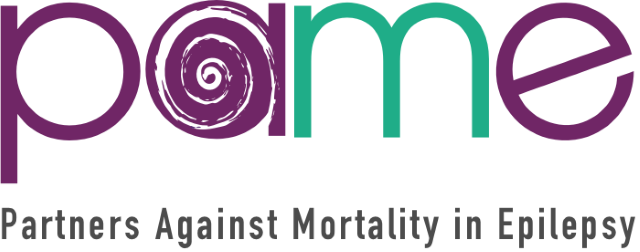 | Partners Against Mortality in Epilepsy (PAME) is interested in funding projects to advance clinical action priorities that will impact SUDEP prevention in the next 5 years including use of seizure detection devices in clinic, leveraging electronic health records to guide clinician actions, and building infrastructure for SUDEP Trials. | PAME will consider fully funding up to two proposals. |
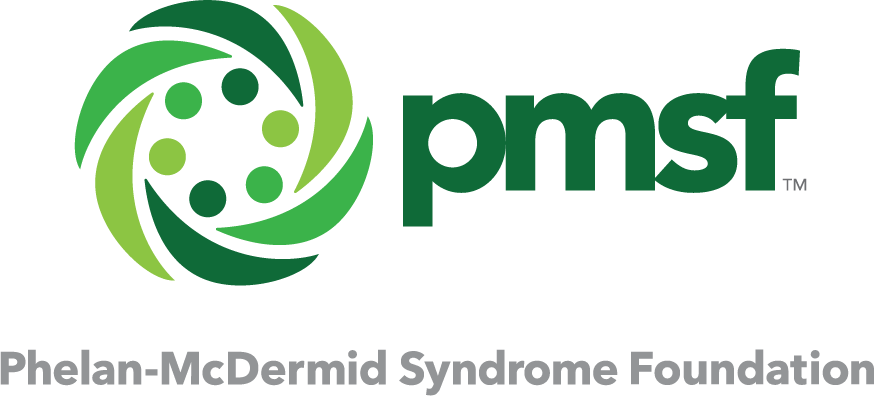 | Phelan-McDermid Syndrome Foundation (PMSF) is a rare disease patient advocacy group that exists to improve the quality of life of people affected by Phelan-McDermid Syndrome worldwide by providing family support, accelerating research, and raising awareness. | PMSF will consider co-funding a research proposal focused on the connection between seizures and 22q13, and/or the Shank 3 gene. |
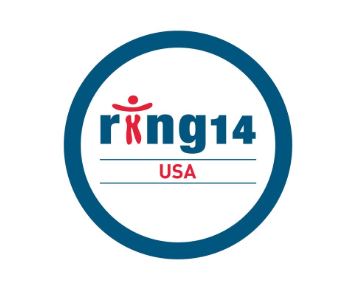 | Ring14 USA funds research on Ring14 Syndrome and other anomalies originating from the 14th chromosome to improve treatments, quality of life, and the understanding of these conditions. They are particularly interested in researching any relationship between epilepsy and the 14th chromosome. | Ring14 USA will consider co-funding a research proposal at 25%. |
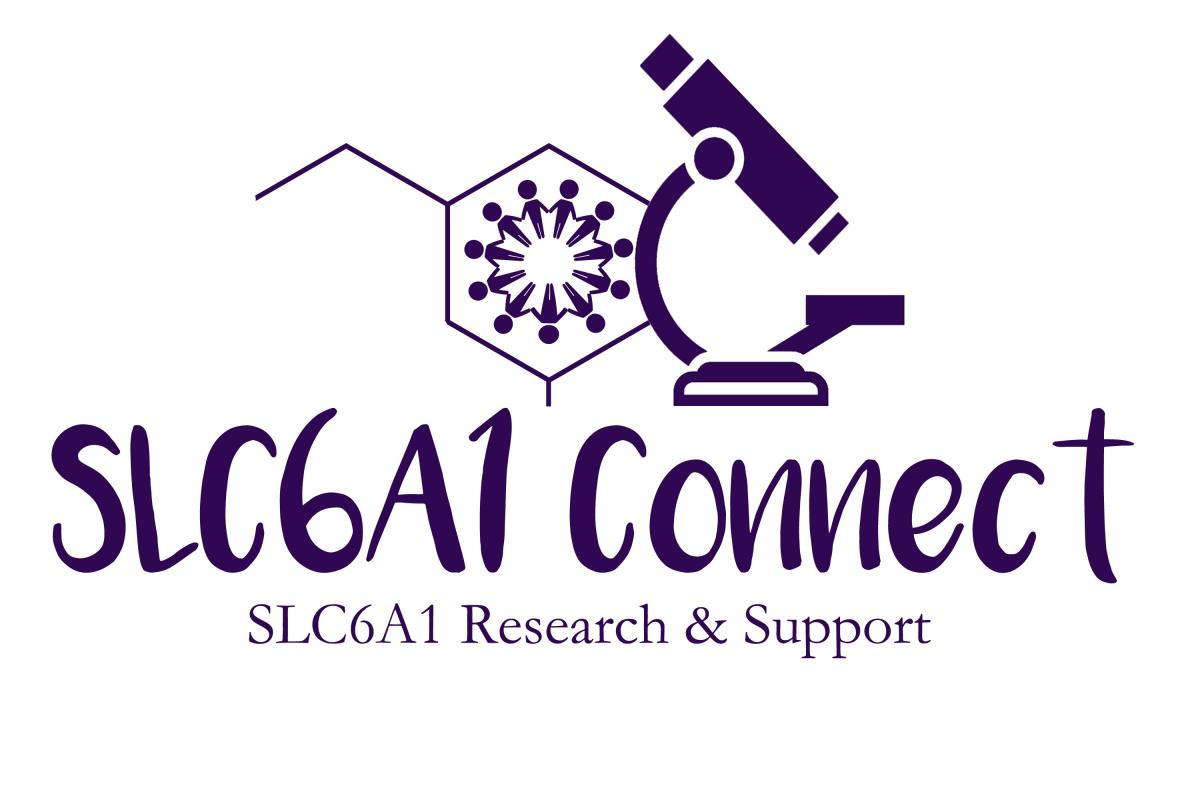 | SLC6A1 Connect funds research that focuses on the development of therapy and biomarkers to improve SLC6A1 patient outcomes. | SLC6A1 Connect will consider co-funding a research proposal. |
 | SRF exists to improve the quality of life of SynGAP1 patients through the research and development of treatments, therapies and support systems. SRF welcomes all research that aligns with these goals but is currently prioritizing biomarkers. | SRF intends to co-fund a proposal and will also consider funding a proposal in full. |
 | TESS Research Foundation’s mission is to find the best treatment options and ultimately a cure for Citrate Transporter Disorder (SLC13A5 Deficiency), an autosomal recessive epileptic encephalopathy with seizures beginning in infancy. Research priorities include disease model creation, drug screens, clinical biomarkers or surrogate endpoints, and potential treatment modalities. | TESS Research Foundation will consider co-funding a research proposal. |